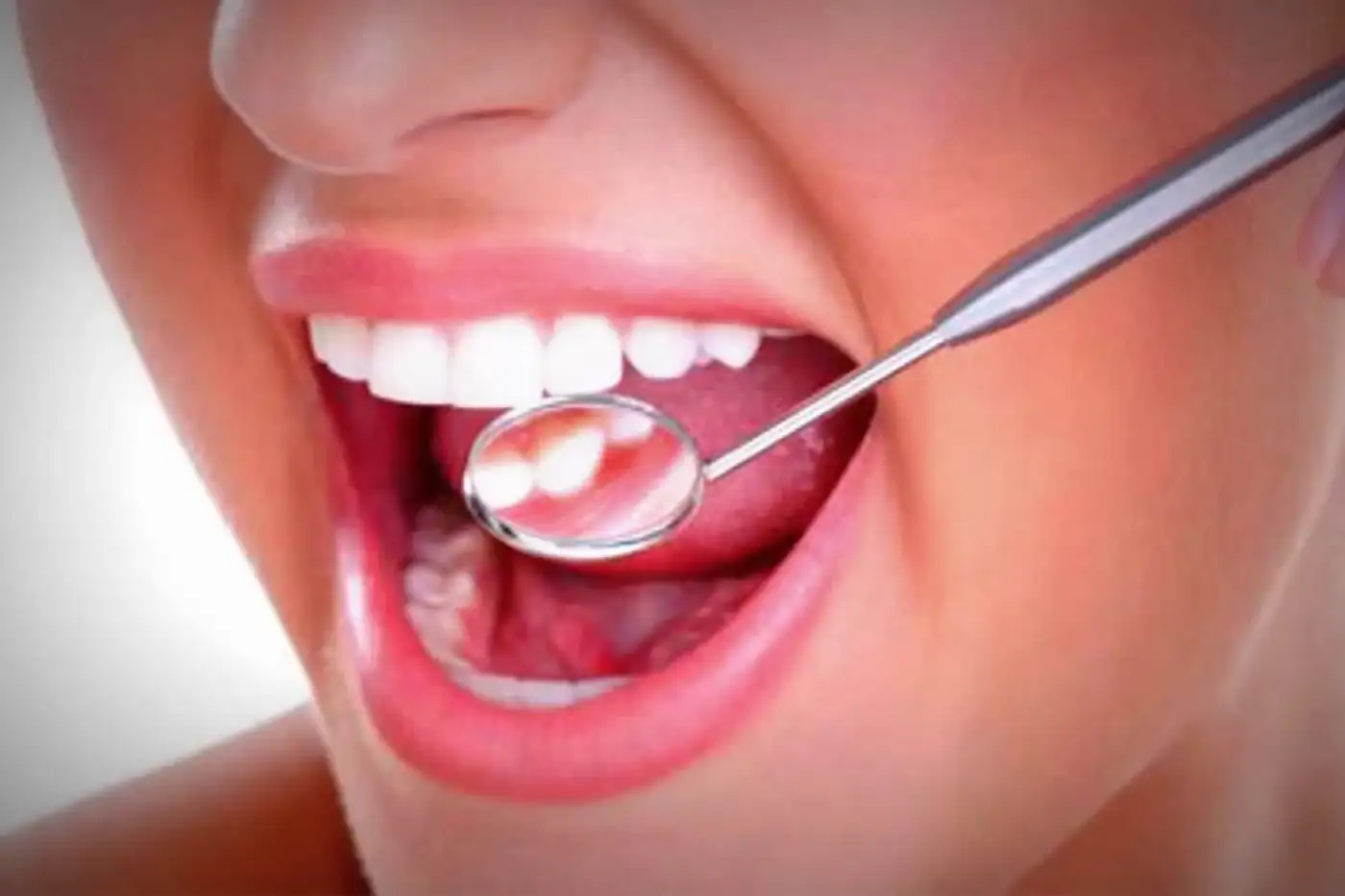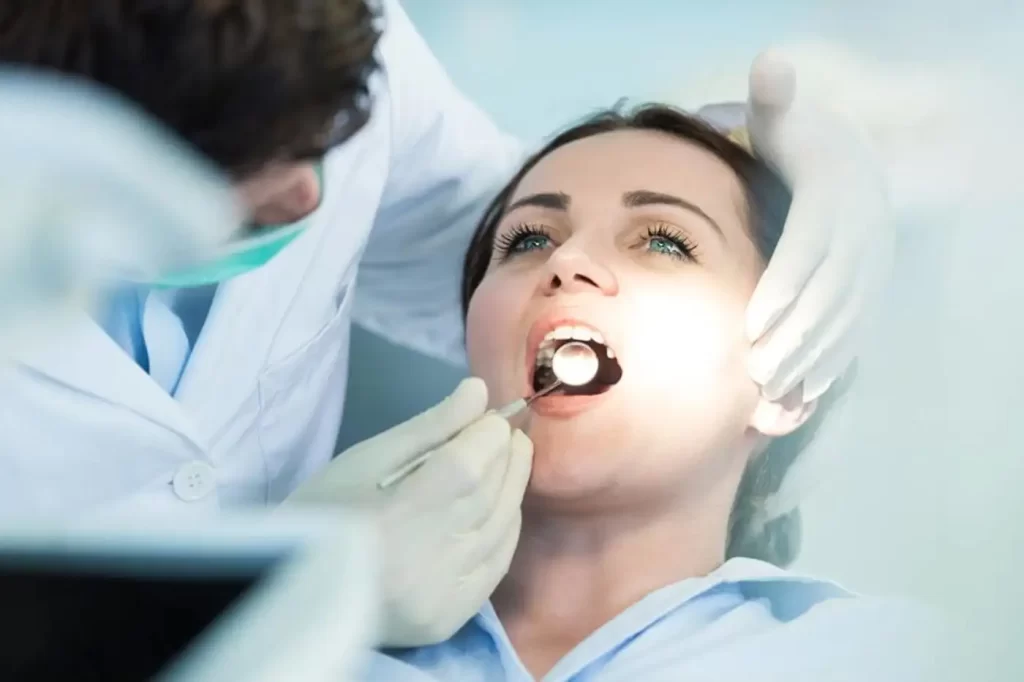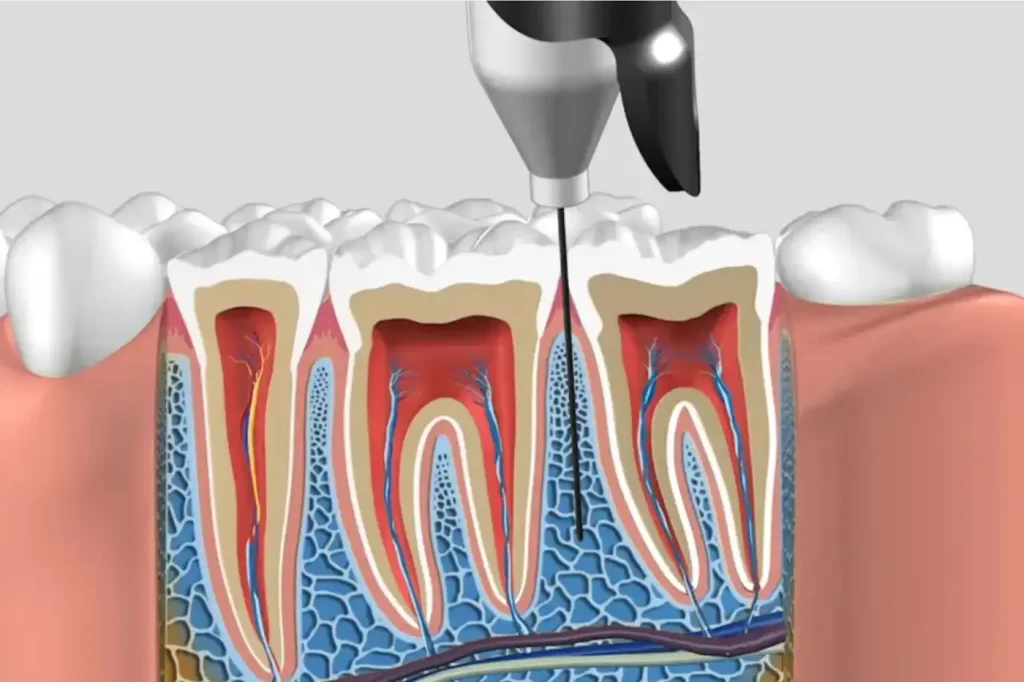Oral cavity cancer, also known as mouth cancer, is a type of cancer that affects the oral cavity, including the lips, tongue, cheeks, floor of the mouth, and hard palate. It occurs when abnormal cells in the oral cavity grow and multiply uncontrollably, forming a tumor.
Early-stage oral cavity cancer often has no symptoms. As the cancer progresses, symptoms may include:


The main cause of oral cavity cancer is tobacco use, including smoking and chewing tobacco. Other risk factors include:
Diagnosis typically involves:


Treatment options depend on the stage and aggressiveness of the cancer and include:
Individuals who use tobacco, consume excessive alcohol, have a history of HPV infection, or have a family history of oral cavity cancer are at increased risk. Men are more likely to develop oral cavity cancer than women.
The goal of surgery is to remove the tumor and affected tissue to prevent the cancer from spreading.
You can get more information from your doctor, dentist, or organizations like the American Cancer Society, Oral Cancer Foundation, and National Institute of Dental and Craniofacial Research.

Yes, oral cavity cancer can be prevented by:
The 5-year survival rate for oral cavity cancer is around 66%, depending on the stage and treatment. Early detection improves survival rates.
Yes, oral cavity cancer can recur after treatment. Regular monitoring and follow-up appointments with a doctor are essential to detect any recurrences early.
You can reduce your risk by avoiding tobacco use, limiting alcohol consumption, practicing good oral hygiene, getting regular dental check-ups, avoiding exposure to radiation therapy, and getting vaccinated against HPV.
Annual screening is recommended for individuals aged 18-65, or earlier if there is a history of oral cavity cancer or other risk factors.
Yes, most individuals can resume normal activities after treatment. However, some may experience lingering effects like difficulty speaking or swallowing.
Early detection improves treatment outcomes and survival rates. It also reduces the risk of complications and improves quality of life.

Cancer Patients Treated
Our aim is to provide the best cancer treatment & care, make cancer care affordable and accessible to all. Provide cancer care without barriers viz financial, social, logistical, psychological etc. Latest Cancer Treatment based on evidence, delivered with empathy, with highest ethical standards.